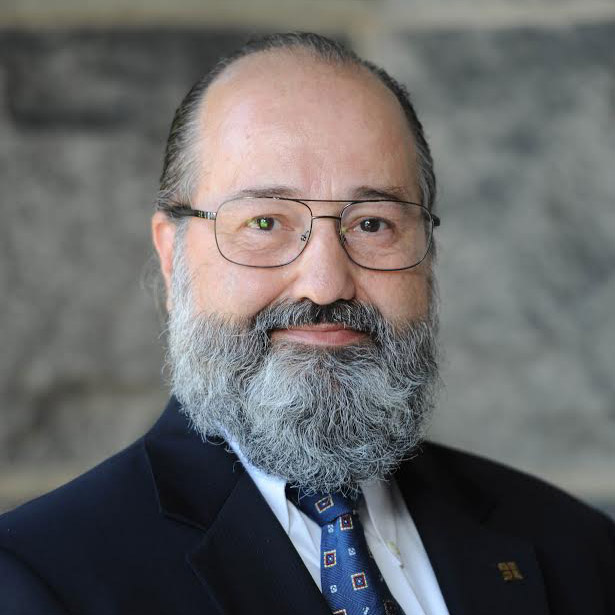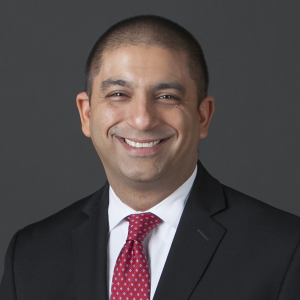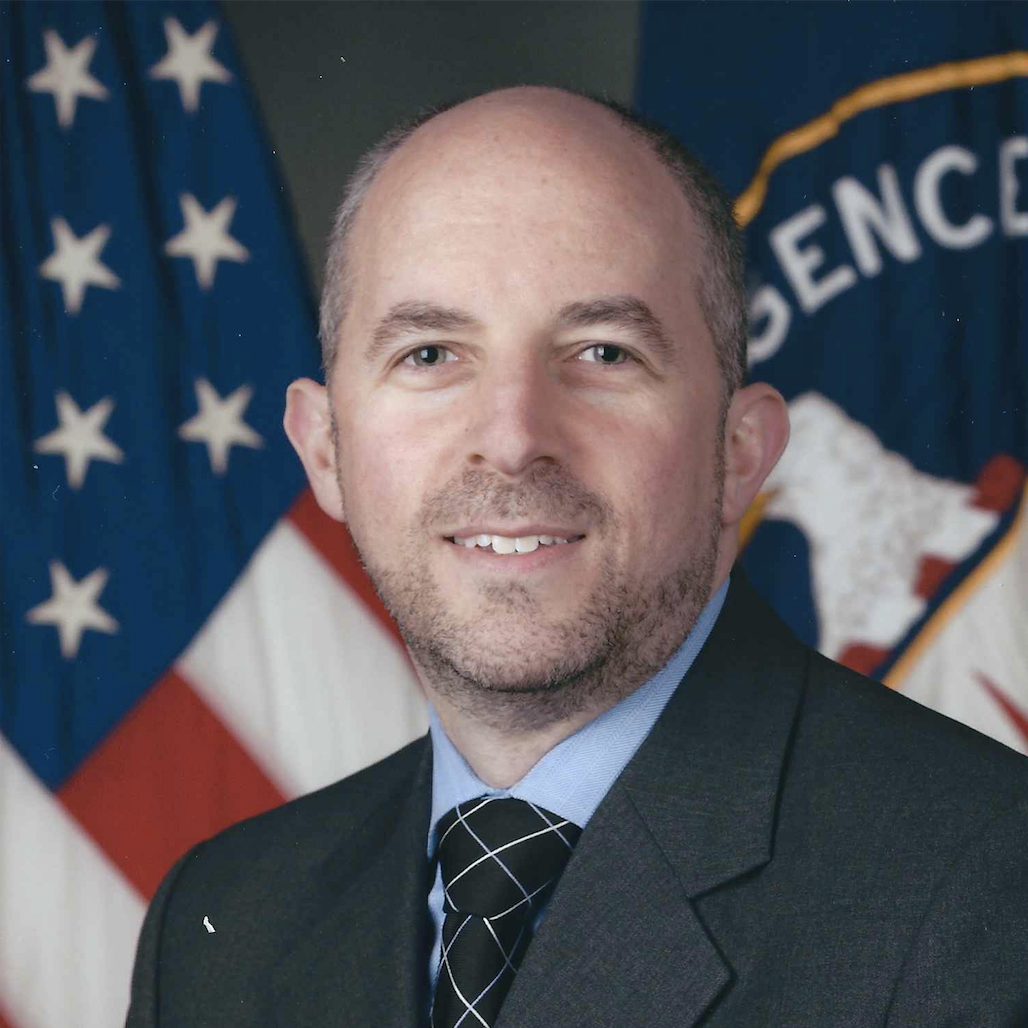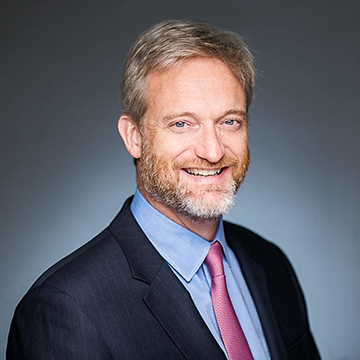Earlier today, President Donald Trump announced that he was firing Secretary of State Rex Tillerson and nominating Mike Pompeo, current Director of the Central Intelligence Agency, to replace him. President Trump nominated Gina Haspel, the current Deputy Director of the CIA, to replace Director Pompeo. Linked below are analyses of Secretary Tillerson’s departure from NSI experts:
March 13, 2018
 Nicholas Dujmovic – NSI Visiting Fellow; Visiting Assistant Professor in Intelligence Studies, Catholic University of America
Nicholas Dujmovic – NSI Visiting Fellow; Visiting Assistant Professor in Intelligence Studies, Catholic University of America
It’s usually a bad thing for U.S. intelligence when the CIA director leaves his position after a short period of just over a year at the Agency, unless he was a bad choice to begin with. But Pompeo was a good choice for four reasons: he knew intelligence from his service on the House intelligence oversight committee, he enjoyed good access to the President, he was enthusiastic about CIA’s mission, and, contrary to some uninformed reports, there is no evidence that he skewed intelligence for political or any other reasons.
Every director is viewed skeptically until he more or less proves himself, but Pompeo was well received. He allowed the Agency to do its missions, trusting in the professionals. There is nothing to indicate that his access to and affinity with the president resulted in politicized intelligence–any director trying to influence analysis that way would probably have had a revolt on his hands. He publicly defended CIA, its people, and its missions. Above all, Pompeo’s appointment of Gina Haspel, a highly respected and popular female officer, as his deputy, even though she was the object of outside criticism, was good for morale. That Haspel is now the nominee to be CIA director will go over very well with the CIA workforce, more because she’s a career professional than the fact that she’s a woman. Her nomination is good for CIA, which counteracts the negative effects of having a short-term director.
My major concern about Haspel is that she is a quiet, understated, no-nonsense intelligence professional–quite a bit different from Pompeo’s colorful and sometimes bombastic personality–who will be dealing with a White House and administration that seems to value brash style over professional substance. I don’t think you’ll hear her talking publicly of CIA “crushing our enemies.” She is a female Richard Helms, and as Helms did with Presidents Johnson and Nixon she will have to deal with a President who doesn’t really understand why intelligence sometimes tells him inconvenient things.
 Matthew R. A. Heiman – NSI Visiting Fellow; Former Lawyer, National Security Division, U.S. Department of Justice and the Coalition Provisional Authority, Baghdad, Iraq
Matthew R. A. Heiman – NSI Visiting Fellow; Former Lawyer, National Security Division, U.S. Department of Justice and the Coalition Provisional Authority, Baghdad, Iraq
The changes at State and the CIA are a net positive for the Trump Administration. By all appearances, Tillerson never had the President’s ear, and that undermined his advocacy for the U.S. when dealing with world leaders. It also undermined his advocacy for the State Department in terms of structural changes, recruiting, and being a strong national security voice. Pompeo has the President’s ear, and the world knows that. Hopefully, he can use this to bring the State Department more fully into the national security conversation both at the White House and around the world. The elevation of Gina Haspel, a long-tenured CIA leader with a distinguished career, is good for the CIA and the country. She is respected by the rank and file. Both Pompeo and Haspel should be confirmed quickly. There are no slow days in the world of diplomacy and intelligence.
 Jamil N. Jaffer – Founder, National Security Institute; Former Chief Counsel, U.S. Senate Foreign Relations Committee
Jamil N. Jaffer – Founder, National Security Institute; Former Chief Counsel, U.S. Senate Foreign Relations Committee
Mike Pompeo’s relationship and experience with the intelligence community will serve him well in leading the State Department, working on key issues like cybersecurity, online extremism, IP theft, and countering foreign influence efforts across the globe. In particular, when it comes to key countries of concern in these areas, like China and Russia, Pompeo’s oversight over a deeply operational and analytic component of the intelligence community at the CIA allows him to understand the opportunities available to leverage the State Department’s overt and diplomatic capabilities alongside the work of the IC and the Defense Department. In addition, Pompeo will bring with him a healthy understanding of the capabilities and intentions of many of these key competitors, as well as other threats in the cyber area, including Chinese IP theft, Russian covert influence operations, and Iranian and North Korean cyber and WMD programs. Finally, Pompeo’s relatively closer relationship with the White House will mean that he’ll likely be quite effective in moving the ball forward on the foreign policy front.
 Geof Kahn – NSI Visiting Fellow; Former Senior Adviser to the Chief Operating Officer, Central Intelligence Agency; Former Policy Director of the House Permanent Select Committee on Intelligence
Geof Kahn – NSI Visiting Fellow; Former Senior Adviser to the Chief Operating Officer, Central Intelligence Agency; Former Policy Director of the House Permanent Select Committee on Intelligence
Director Pompeo’s move to the State Department will have ripple effects across the globe. The State Department and American diplomats should be invigorated that they will have a leader who can influence the President. Despite Secretary Tillerson’s best efforts, the Department has struggled with its lack of influence. While CIA will always provide a necessary venue for discrete communications with the U.S., foreign leaders should recognize that the State Department has returned to a prominent place in driving and implementing U.S. foreign policy. This will leave CIA, with a revered career intelligence officer at its helm, back in its rightful place of being the objective collector and provider of intelligence. As the first confirmed woman at the top of the Central Intelligence Agency, Director Haspel will continue to invigorate CIA’s silent warriors and uphold Director Pompeo’s legacy of strong, objective, intellectual leadership of the jewel of the American government. The risk associated with this move, while relatively minimal, comes from foreign leaders perceptions of Director Haspel and whether she will remain under Pompeo’s shadow or influence–thus perceiving that he is the leader of both organizations. That calculation would be misinformed. I am confident that Director Haspel and the elite company she leads will remain as the independent arbiter of truth in an increasingly ambiguous world.
 Andrew Keiser – NSI Visiting Fellow; Former Senior Advisor, U.S. House Permanent Select Committee on Intelligence
Andrew Keiser – NSI Visiting Fellow; Former Senior Advisor, U.S. House Permanent Select Committee on Intelligence
Mike Pompeo will be a wonderful Secretary of State. He is smart, measured and most importantly of all, retains the confidence of the President of the United States.
 Lester Munson – NSI Visiting Fellow; Former Staff Director, Senate Committee on Foreign Relations
Lester Munson – NSI Visiting Fellow; Former Staff Director, Senate Committee on Foreign Relations
Mike Pompeo, if confirmed, will return the State Department to its proper policy-making and diplomatic role. His demonstrated ability to be both an honest broker and a loyal lieutenant to President Trump will make him a highly effective Secretary of State. It should reassure Americans that the already strong national security team is made a bit stronger by this transition.
I expect he will also strengthen the relationship between the State Department and the U.S. Agency for International Development. The Administrator of USAID, Mark Green, will have a colleague in Secretary Pompeo who understands the role of Congress, the value of the foreign policy toolkit, and importance of keeping the faith of the president.
